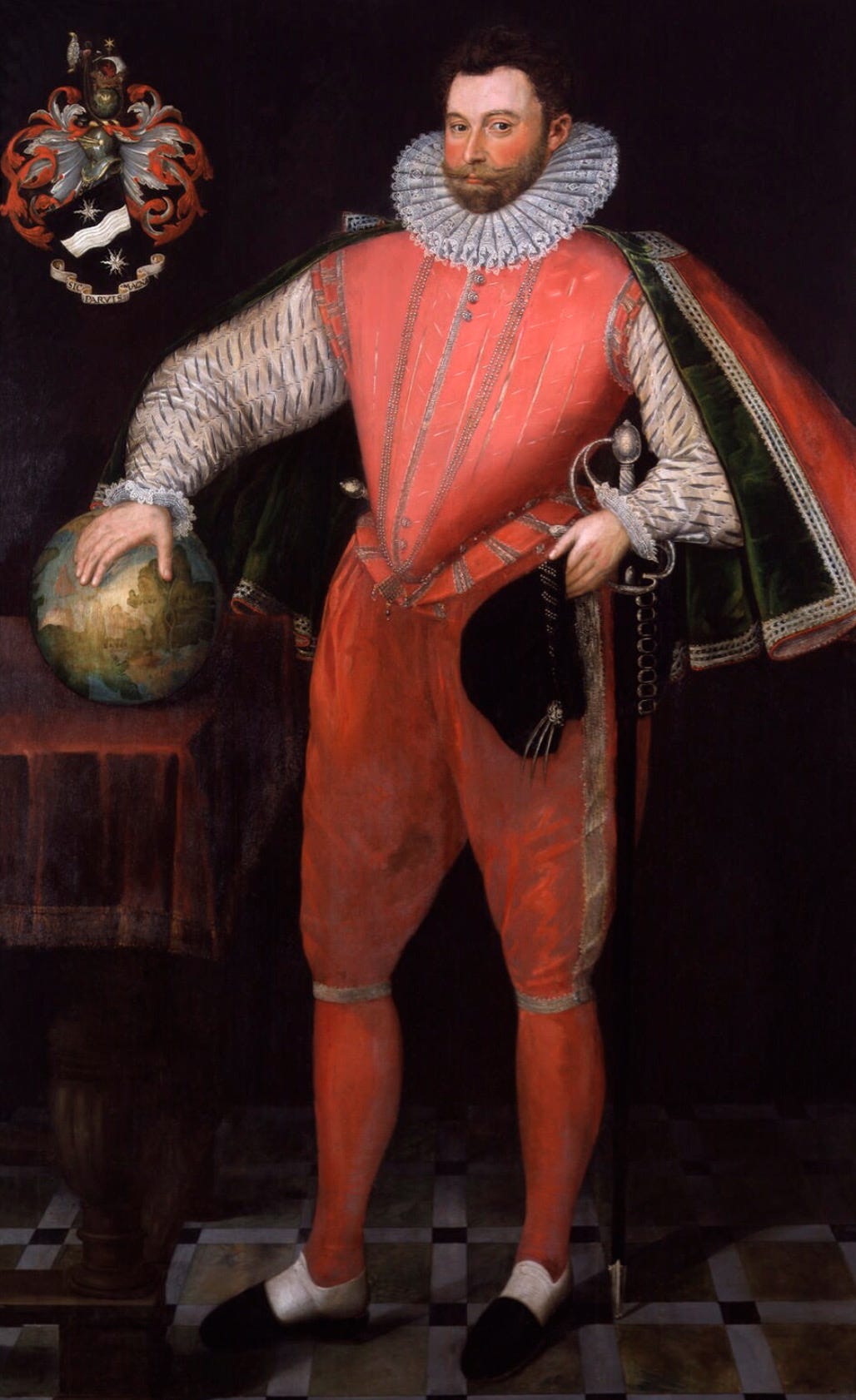April 4th - A date that refuses to be ordinary.
Even ordinary days can become extraordinary.
Across a thousand years of human history, April 4th has witnessed moments that shaped the world—some filled with hope, others heavy with loss, but all unforgettable.
In 1968, Martin Luther King Jr. was assassinated in Memphis. A preacher with thunder in his voice and peace in his hands, he died on a motel balcony—but his dream did not. His death sent shockwaves through the soul of America, and the world. So much so that years later, U2 would sing in Pride (In the Name of Love):
“Early morning, April 4 / A shot rings out in the Memphis sky…”
It wasn’t just a line. It was a cry. A reminder that one man’s sacrifice could echo for generations.

Nearly two decades earlier, on April 4, 1949, the world took a sharp geopolitical turn. NATO was born—an alliance forged in the aftermath of two world wars, designed to protect peace through unity. Twelve nations signed on. Today, it’s a backbone of international security.
Then in 1975, in a small garage in Albuquerque, Bill Gates and Paul Allen founded Microsoft. Just two young men with a vision to put a computer on every desk. That quiet April day launched a company that would go on to shape how the modern world thinks, works, and connects.
But April 4 isn’t just about the 20th century. Travel back to 1581—Sir Francis Drake was knighted by Queen Elizabeth I aboard the Golden Hind. This wasn’t just pomp. It symbolized England’s rise as a maritime power, and Drake’s role in challenging Spain’s grip on global exploration.
Even earlier, in 1147, the city of Lisbon fell to the forces of King Afonso I of Portugal during the Second Crusade. That conquest was a turning point, paving the way for the eventual birth of a Portuguese nation—and later, an empire.
And in 1841, the U.S. presidency faced its first real crisis when William Henry Harrison died just 32 days into office. It shocked a young nation and forced the government to define what happens when a president dies. The rulebook was written on April 4.
So what makes April 4th unique? It’s not just the scale of events—it’s their rhythm.
Each moment feels like a hinge, a point where history turned: a voice silenced, a treaty signed, a company born, a nation shaped.


